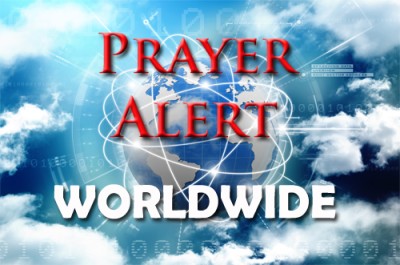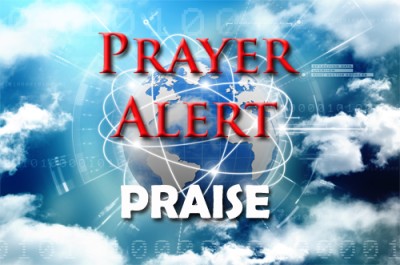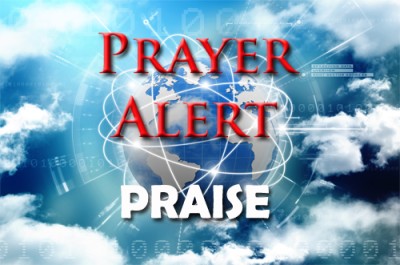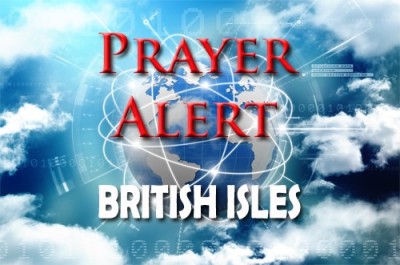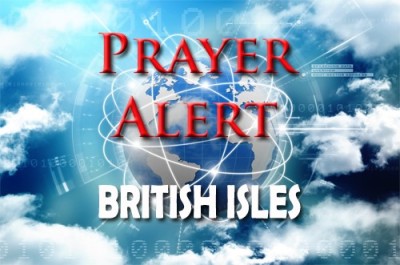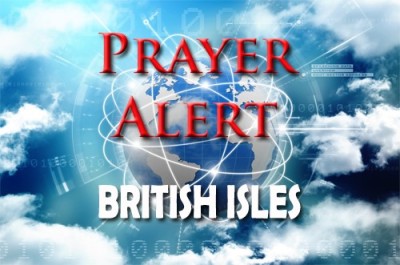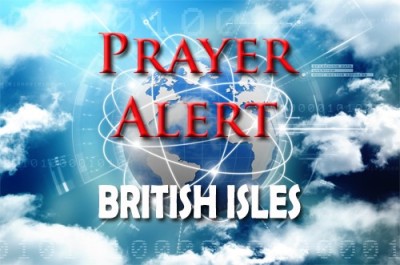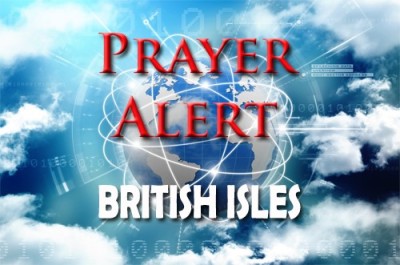South Korea’s proposal for military talks with North Korea reflects a cautious but important effort to prevent dangerous escalation along the demilitarised zone. After months of incidents where North Korean troops crossed the Military Demarcation Line (MDL) while constructing defensive barriers, Seoul is urging both sides to reaffirm a clear and mutually recognised boundary. Missing marker posts from the 1953 armistice have led to differing interpretations of where the line actually lies, increasing the risk of accidental clashes as tensions rise under Kim Jong-un’s recent directive to harden the border. This marks the first direct proposal for dialogue since Lee Jae Myung took office as South Korea’s president, signalling a willingness to pursue communication even as military channels remain largely severed. With warning shots fired and provocations mounting, aligning expectations on the MDL could help restore stability and rebuild fragile trust. Whether Pyongyang will respond remains uncertain, but Seoul hopes the move sparks broader engagement for peace.
Jesus appeared to Hamas member’s wife in dream
14 Nov 2025Juman al Qawasmi, once married to a Hamas member and raised in a culture of deep hostility toward Israel and Christianity, experienced a dramatic encounter with Jesus that transformed her life. During the 2014 Gaza conflict, after praying desperately for God to reveal Himself, she dreamed of Jesus standing before her, telling her, 'You are my daughter; don’t be afraid’. She described an overwhelming peace she had never known in Islam, where she felt she could never do enough. Juman had already begun questioning a belief system marked by violence, yet she had never heard the name Yeshua before this encounter. Born in Qatar to a father who was among Hamas’s founders, she once voted for Hamas but now openly rejects its agenda of hatred, corruption, and control. Discovering more about Christ through an Egyptian Christian website, she was deeply moved by His teaching to love one’s enemies and amazed to learn that many Muslims are meeting Jesus through dreams. With radiant joy, she now urges others: 'Cast your eyes on Jesus; He is the way!'
Todd Nettleton of Voice of the Martyrs is urging believers worldwide to pray earnestly for persecuted Christians, especially during the International Day of Prayer for the Persecuted Church. He explained that this initiative was not created as a campaign but simply answers the persecuted church’s first and most urgent request: 'Pray for us’. He described how deeply suffering believers understand the power of prayer, having seen God intervene when all earthly help failed. He recently heard testimonies firsthand, including a remarkable account from an Indian pastor arrested under an anti-conversion law. Determined to keep preaching the Gospel, the pastor was imprisoned and brutally beaten for seven days - hung upside down and struck by guards until they were exhausted. Yet he felt no pain, describing God’s supernatural protection. In an astonishing turn, the same warden who ordered the beatings invited him to speak about Good Friday and later granted him freedom inside the prison to share Christ. The pastor even prayed for the warden’s sick son, who recovered miraculously.
Keir Starmer has firmly denied authorising anonymous briefings against members of his cabinet after reports suggested some aides believed he could face a leadership challenge from health secretary Wes Streeting. At PMQs, he called such attacks completely unacceptable, insisting he appointed his ministers because they are 'the best people to carry out their jobs’. Streeting, who missed PMQs to address an NHS conference, rejected claims he was plotting a leadership bid and criticised what he described as a 'toxic culture' inside No 10 - though he does not believe the prime minister is responsible. Kemi Badenoch accused Starmer of having 'lost control of his government’, while speculation persists within Labour about who might stand if a contest were triggered. Despite a large 2024 majority, Starmer’s leadership has faced turbulence; with the Budget and devolved elections looming, internal unity is being tested.
Donald Trump has intensified his criticism of the BBC, threatening a billion-dollar lawsuit over what he claims was a dishonest editing of a speech he delivered before the 6 January 2021 Capitol riot. The threat follows the resignation of BBC director-general Tim Davie, who stepped down amid the controversy. Trump told Fox News he felt an 'obligation' to sue, accusing the broadcaster of 'defrauding the public' and turning what he described as a calming speech into something radical. His legal team has demanded a full retraction of what they consider defamatory statements, warning that failure to comply will trigger legal action. Sir Ed Davey has urged Keir Starmer to ask Trump to drop the lawsuit. Starmer defended the BBC as a vital and independent institution, across the world, while acknowledging the need for accuracy and accountability. Culture secretary Lisa Nandy warned MPs against undermining the broadcaster, emphasising its national importance as charter review approaches. The situation has reignited debates around impartiality, political pressure, and the future governance of the BBC.
Thousands of NHS administrative and managerial staff in England are set to lose their jobs after the Treasury approved a deal allowing the health service to overspend this year to fund redundancy costs. Earlier, the government confirmed that 18,000 roles would be cut as part of major reforms bringing NHS England back under the Department of Health and halving staff numbers in local Integrated Care Boards. The £1bn cost of pay-offs will be recovered in future years through expected savings, with ministers insisting no additional funding is being provided beyond existing spending plans. Health secretary Wes Streeting argued that patients and staff want bureaucracy reduced so frontline care can be prioritised, saying the reforms would help rebuild the NHS. Government estimates suggest the changes could save £1bn annually, enough to fund over 100,000 extra hip and knee operations. However, the Royal College of Nursing warned that losing expert staff risks harming patient care rather than improving it. NHS leaders have called the agreement 'pragmatic' but acknowledged the uncertainty and disruption facing affected workers.
Two-child benefit cap to be scrapped?
14 Nov 2025Keir Starmer has given his clearest indication yet that his government intends to scrap the two-child benefit cap, strongly suggesting the change will be included in the forthcoming 26 November Budget. He said he would not promise to drive down child poverty without being prepared to take 'a number of measures' to achieve it. His comments closely followed remarks from Rachel Reeves, who said it was wrong for children to be 'penalised' simply for being part of a larger family. Treasury sources described her comments as a deliberate 'signal of intent’, with ministers reportedly favouring a full removal of the cap rather than more limited alternatives. One estimate is that abolishing the cap would cost around £3.5bn by 2029/30. The move comes amid unease within Labour ranks over the party’s commitment not to raise income tax. Starmer insisted he was 'personally committed' to reducing child poverty, saying it was a defining achievement of the last Labour government and a priority he intends to pursue again. See
Seven men aged 19 to 26 have been charged with more than forty sex and drug offences in a major grooming investigation in Bristol. The case involves alleged offences against eleven complainants between 2022 and 2025. The police began their inquiry in late 2023 after receiving a tip-off about the suspected exploitation of a teenage girl. Initial arrests were made last April, with the suspects later re-arrested in coordinated raids this week. The defendants face a wide range of charges, including multiple counts of rape, sexual assault, sexual exploitation of a child, and drug supply. They all appeared at Bristol magistrates’ court and were remanded in custody ahead of a hearing on 17 December. The police said that safeguarding victims is at the centre of the investigation, with support measures put in place. Prosecutors reminded the public that the men have the right to a fair trial and warned against sharing information that could prejudice proceedings.
